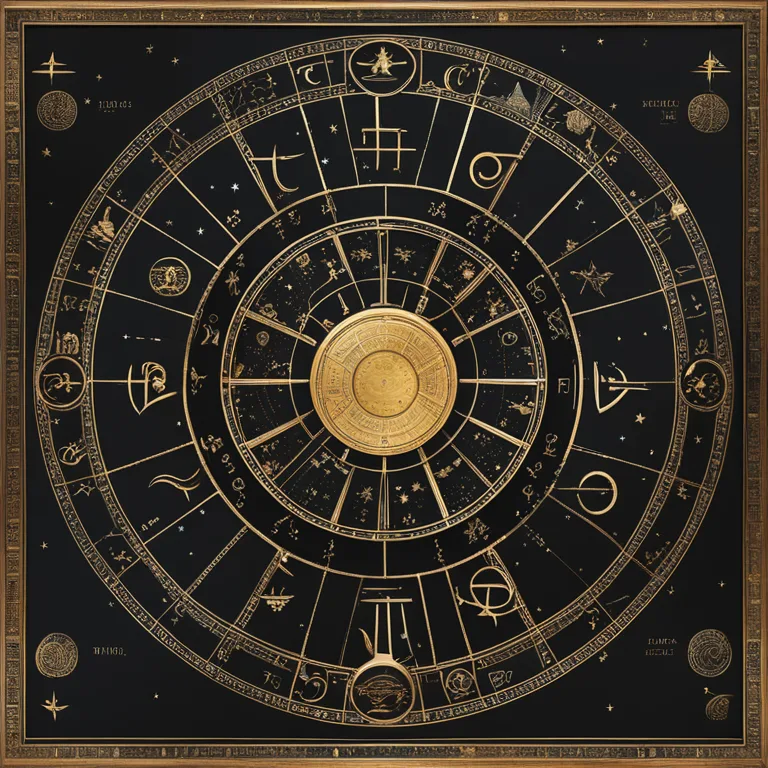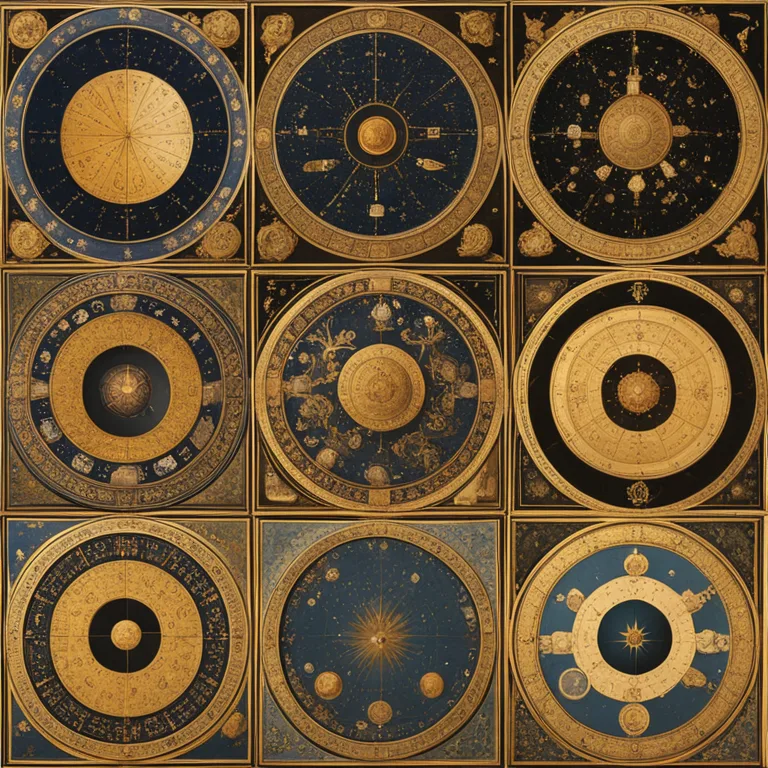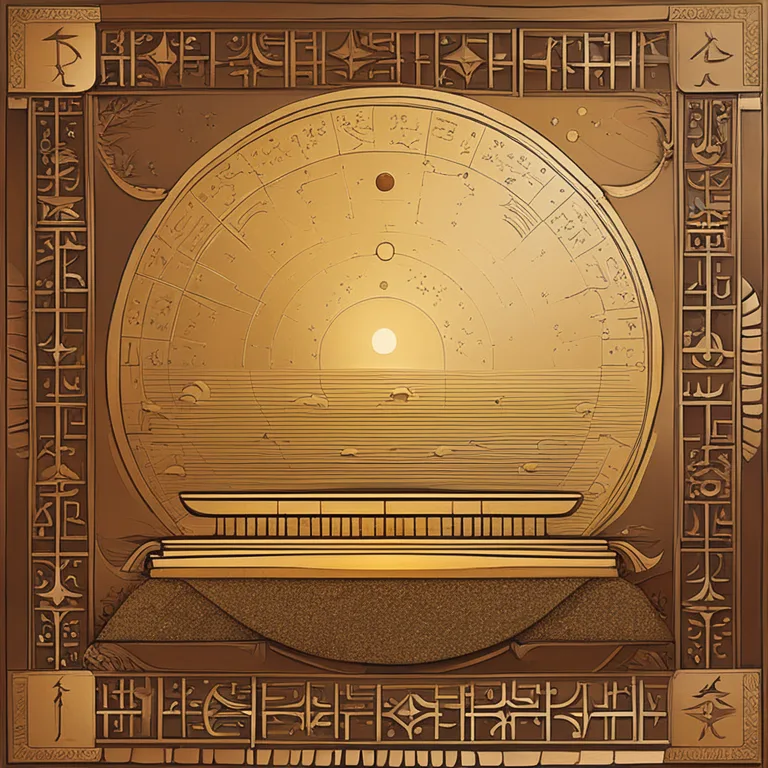
The Origins of Astrology: A Journey Through Time
Delve into the ancient beginnings of astrology to discover how this intricate system of celestial divination came to be.
article by Priya Deshmukh
Ancient Beginnings
Astrology is believed to have its roots deeply planted in several ancient civilizations, where the movements and positions of celestial bodies were linked to earthly events. The practice likely began in the third millennium BC and has evolved significantly over time. The Babylonians are credited with the earliest systematic approach to astrology, with their detailed omen texts and Enuma Anu Enlil tablet series that documented celestial observations and interpreted their meanings. These foundations laid by the Babylonians were instrumental in shaping astrology's core principles.

Zodiac and Horoscope Formation
The creation of the zodiac was a pivotal development in astrology's history. The division of the sky into twelve equal parts, each associated with a constellation, allowed astrologers to create more personalized forecasts. By the 5th century BC, these zodiac signs had taken on recognizable forms with corresponding mythologies that remain today. The horoscope, a predictive tool using individual birth charts, gained popularity as it provided a tailored astrological reading based on the positions of the stars and planets at a person's birth.

Expansion to Greece and Rome
Astrology's journey continued as Greek scholars, around the 4th century BC, expanded upon the knowledge inherited from Mesopotamia. The works of Ptolemy, particularly the Tetrabiblos in the 2nd century AD, synthesized astrology's principles, linking human affairs with the cosmos. Later, during the Roman Empire, astrology flourished, with emperors consulting astrologers for guidance. The system practiced in Greece and Rome laid the groundwork for the Western astrology we are acquainted with in the modern era.

Astrology in the Middle Ages and Renaissance
Throughout the Middle Ages, astrology continued to evolve, intertwining with the burgeoning fields of astronomy and medicine. In the Islamic Golden Age, scholars translated and enhanced Greek astrological texts, introducing sophisticated mathematical techniques. The Renaissance saw a resurgence of interest in astrological studies in Europe, with prominent figures like Galileo also practicing as court astrologers. The era's artistic and scientific advancements fostered a climate where astrology could be studied alongside other disciplines.

Modern Astrology and Beyond
The advent of the Enlightenment led to a decline in astrology’s academic standing as empirical skepticism grew. However, astrology persisted in popular culture, evolving in parallel with society. In the 20th century, psychological astrology, which merges astrology with depth psychology, gave new meaning to astrological interpretations. Looking ahead to 2024 and beyond, astrology continues to adapt, incorporating technologies like sophisticated astronomical software for precise calculations, reflecting society's enduring fascination with the influence of celestial bodies on human destiny.
Published: 12/29/2023
Modified: 12/29/2023
More predictions
Come back here soon to learn more about yourself and your future


The Roots of Astrology: Tracing Its Linguistic Heritage
Delve into the linguistic history of astrology and uncover the ancient origins of this mystical practice's name and significance.


Your Astrological House Stars Journey
Discover the significance of astrology houses in your birth chart and learn which astrological house you belong to for deeper self-awareness.


The Mechanics of Astrology: Cosmic Influence
Delve into the intriguing realm of astrological practices and discover how celestial bodies are believed to hold sway over human destiny.